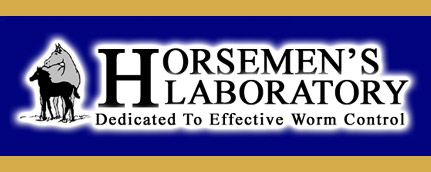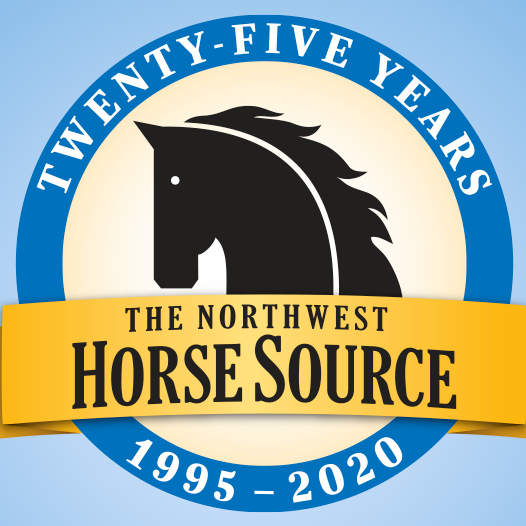
April 4, 2016 — In this press release I will cover more aspects of deworming as part of your overall worm control program. Including what products we recommend and when we recommend deworming.
I will start with horses that are classified as low shedders. I normally recommend deworming once a year, in the late fall, or early winter. The reason for this timing is that is when worms that may not be detected are most likely to be in the digestive tract. Bot larvae and tapeworms are the two most common worms that may be present. We occasionally find tapeworm eggs in a horse’s stool, but there is no test that is reliable. Bot eggs are never present in the digestive tract because the female bot fly lays their eggs on the horse’s hair. Owners should check their horses for the presence of bot eggs on the hair especially on the inside of the horse’s knees. Pinworm eggs do not routinely show up in a fecal egg count, because the female pinworm crawls outside the rectum and lays her eggs around the external rectal ring. The eggs are glued to the skin with a substance that is irritating to the horse and often cause the typical tail rubbing that has been a sign of pinworm infection, and the saying “my horse is rubbing his tail, so he must have worms”.
Other worms that a horse may have that do not show up when a fecal egg count is done are Habronema and Oncherca (neck worm). Habronema eggs are rarely found in a horse’s stool. The adults do live in the stomach of the horse. The major problems caused by Habronema are ulcerated masses (summer sores) caused by the larvae when they enter the skin. Fly larva eats the larvae while they are in the manure pile and then when the fly develops the larvae migrate to the mouthparts of the fly and enter the skin when the fly bites the horse. There may be an allergic component to the reaction the horse has, that causes the ulcerative mass. Oncherca are never found in the stool samples because the adults live in the subcutaneous tissue of the horse and give birth to live larva instead of producing eggs.
Now for the big question, what to use to deworm?
The following are just general recommendations. Owners should generally consult with their veterinarian because many factors must be considered when choosing a deworming medication. Horses that consistently have negative samples or are low worm egg shedders should be dewormed once or twice a year with Zimecterin Gold or Equimax.
Horses that appear to be medium or high shedders should be dewormed 3 – 4 times a year. At least once or twice a year Quest plus should be used. When using any deworming medication and especially a Quest product be sure horses are in good physical condition and follow dosage directions carefully.
Pyrantel or Oxibendazole may be used if Pinworms are suspected and the above dewormers do not appear to get rid of them. There appears to be some evidence that Pinworms are becoming resistant to Ivermectin and Moxidectin.
If you have questions about your horse’s worm control program or deworming medications Horsemen’s Laboratory recommends you consult your veterinarian or sign up for Horsemen’s Laboratory consulting service at www.horsemenslab.com or call (800) 544-0599.

News from the horse industry. Sharing today’s information as it happens. The Northwest Horse Source is not responsible for the content of 3rd party submissions.





